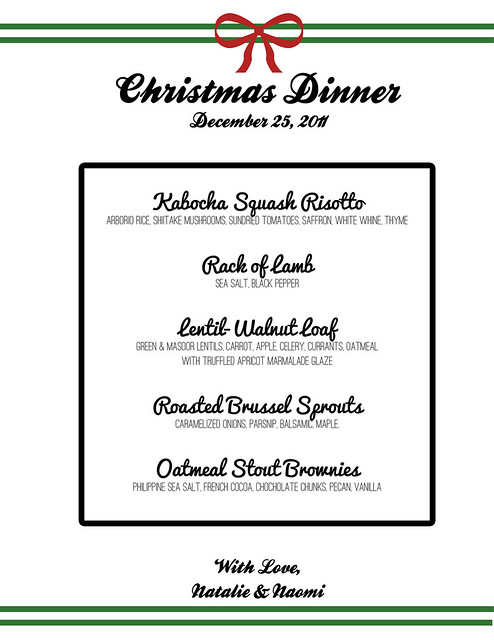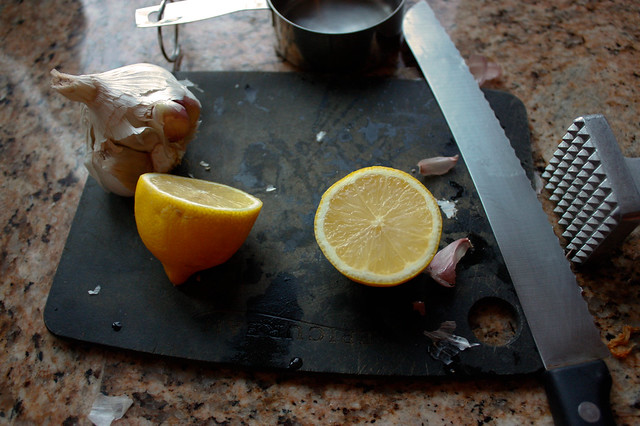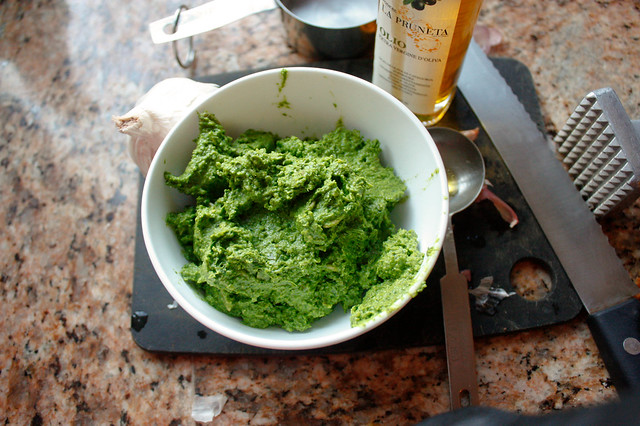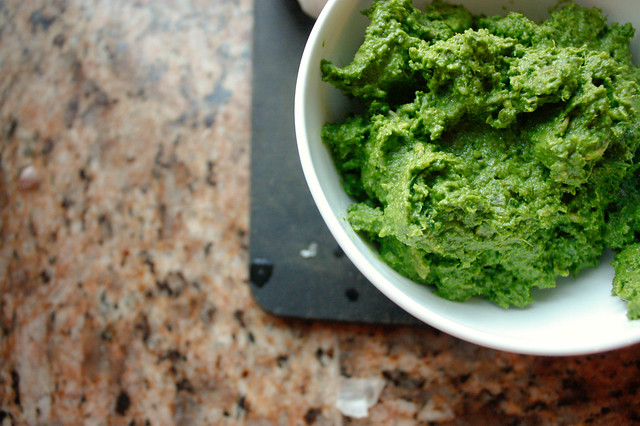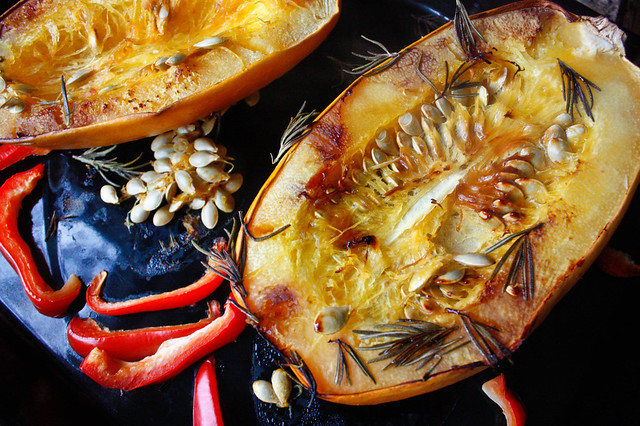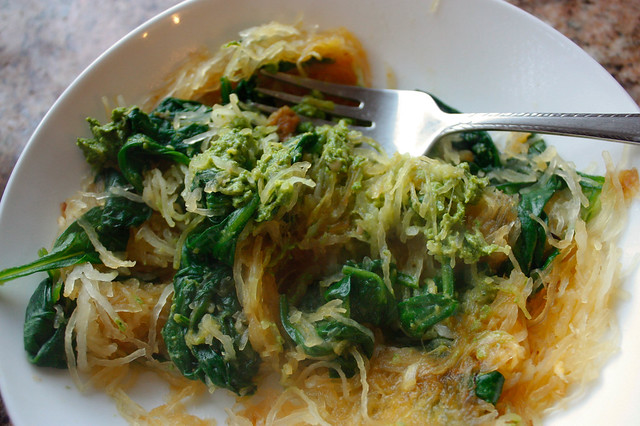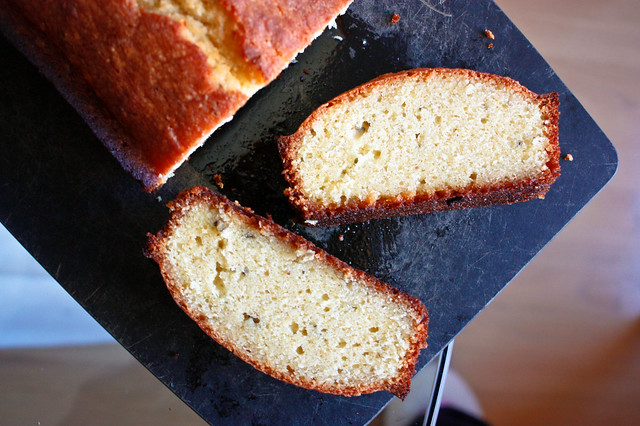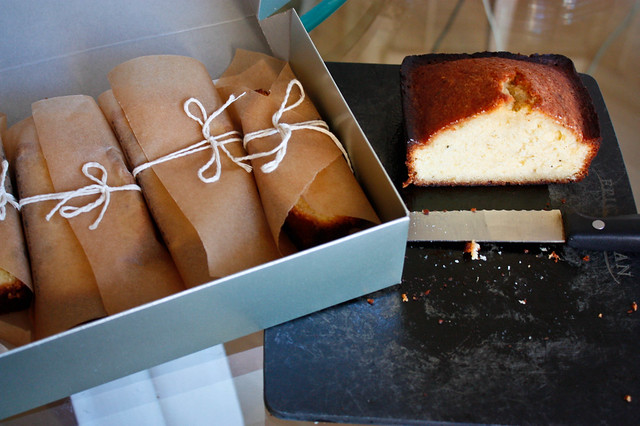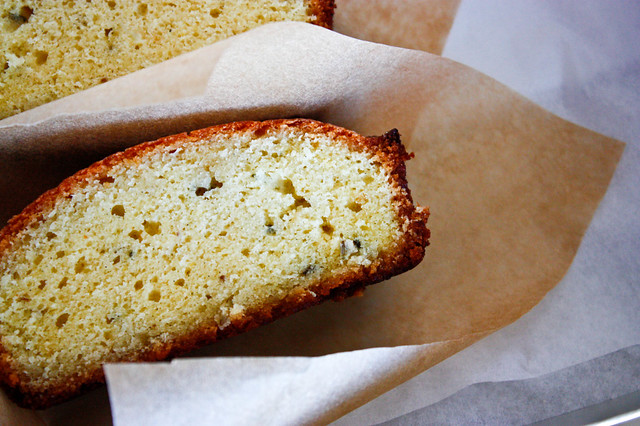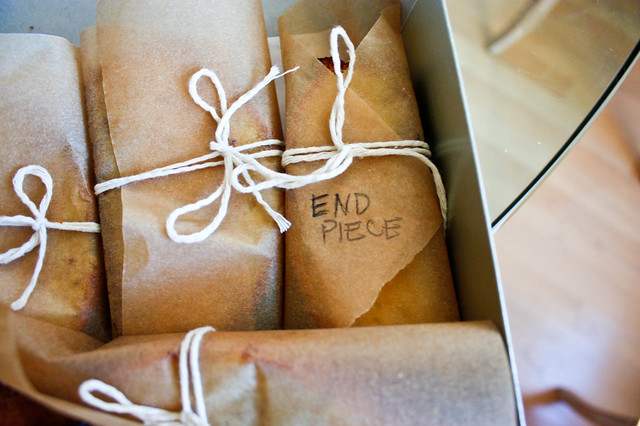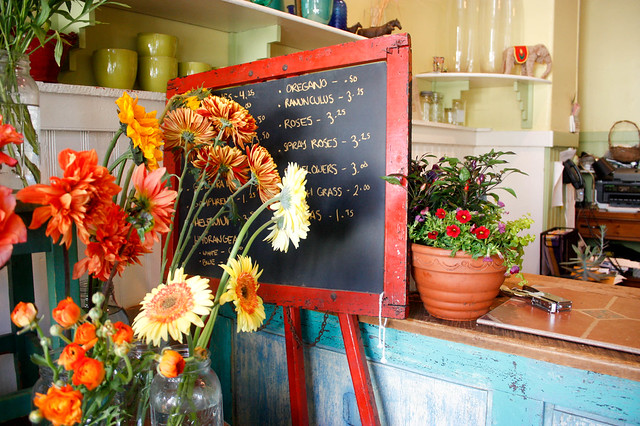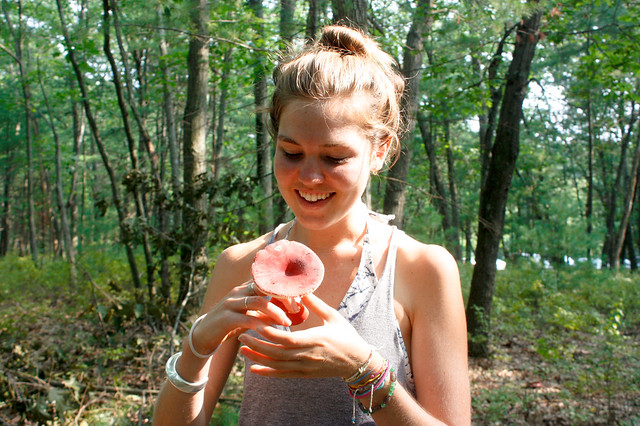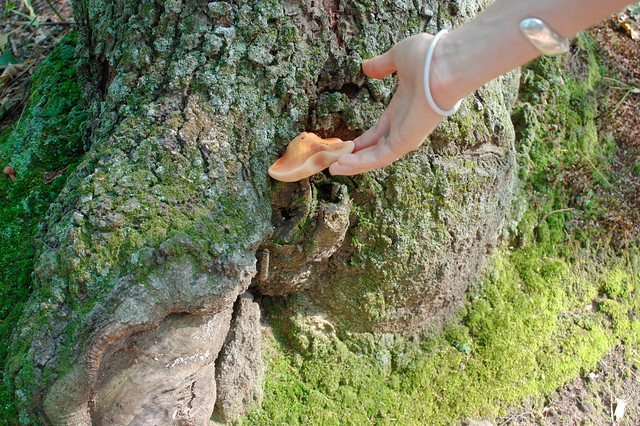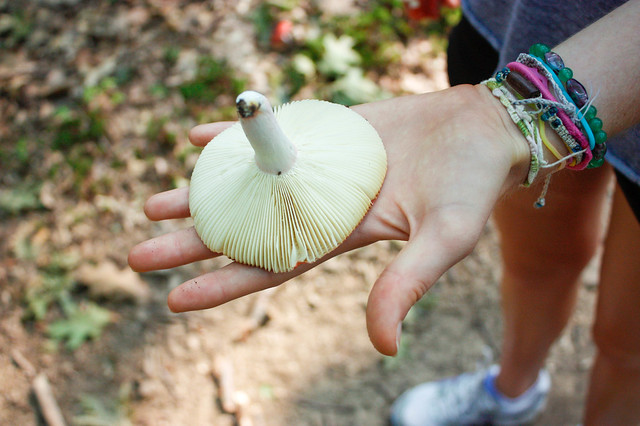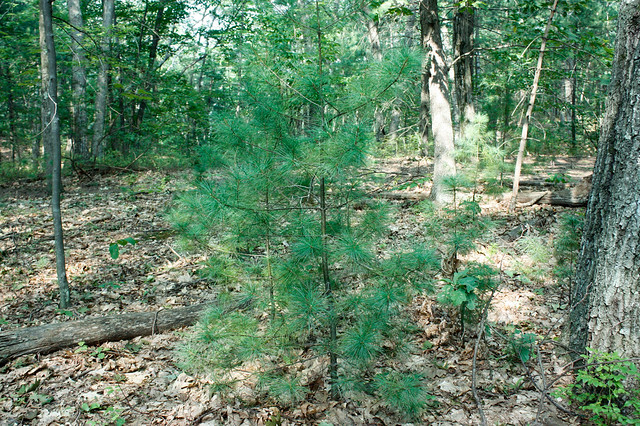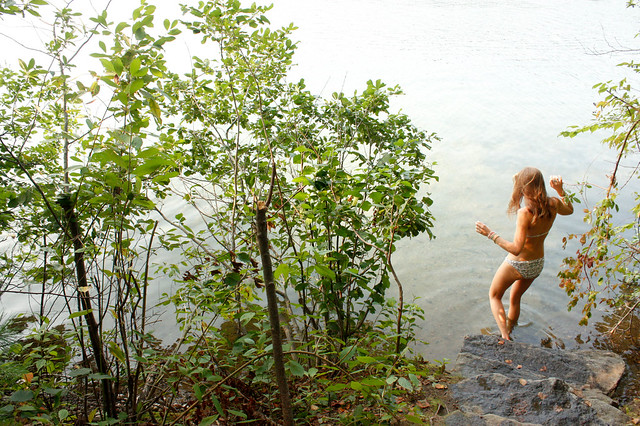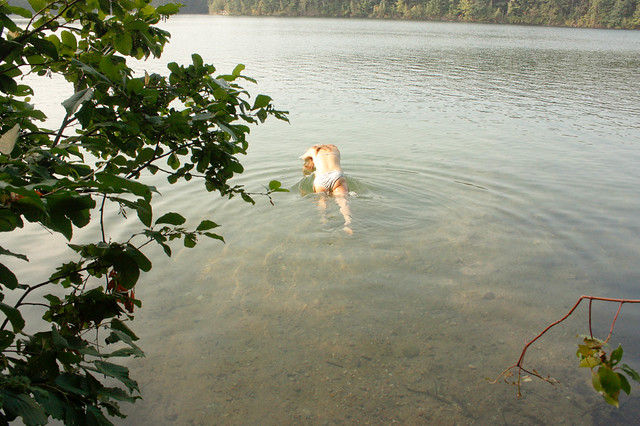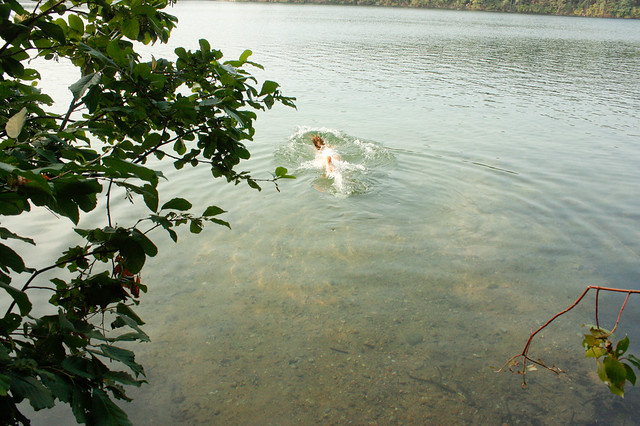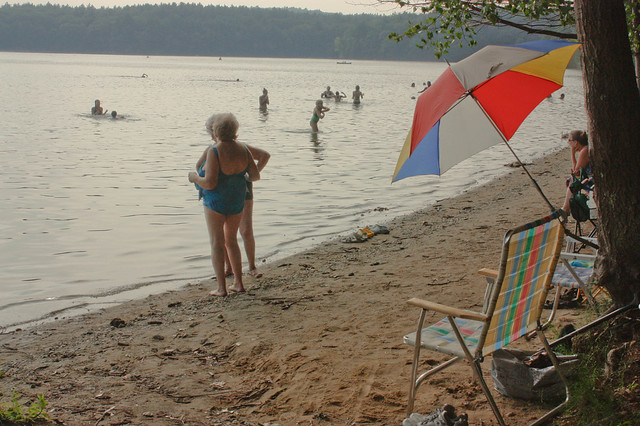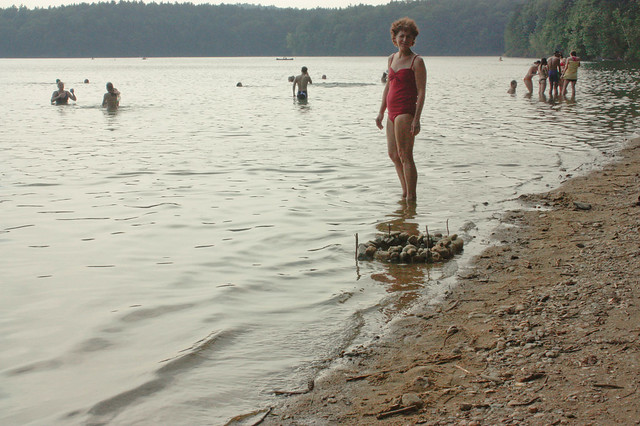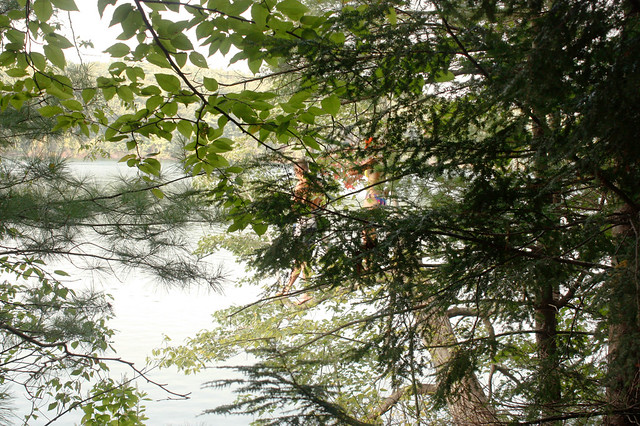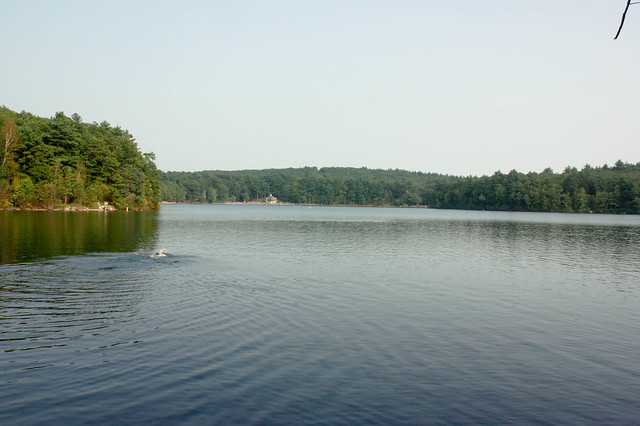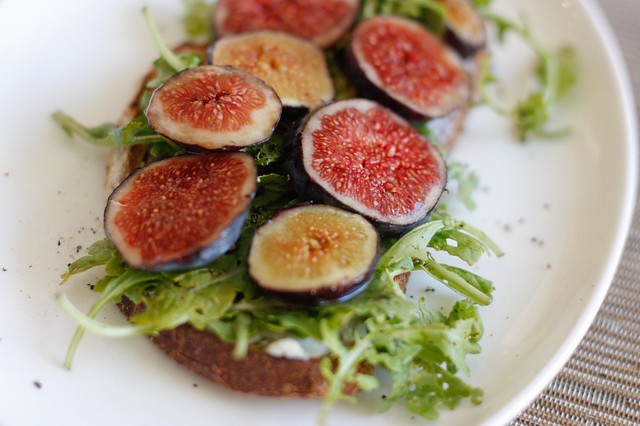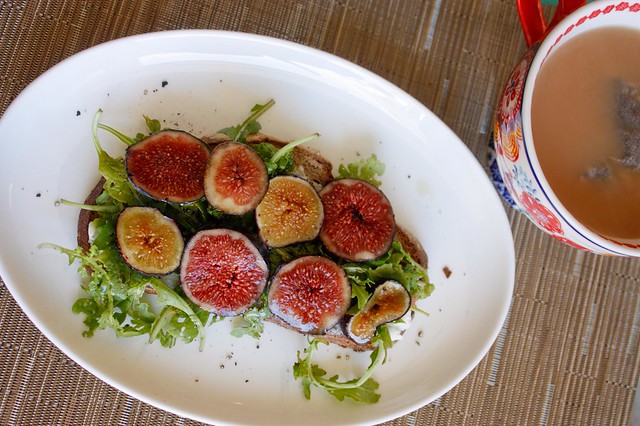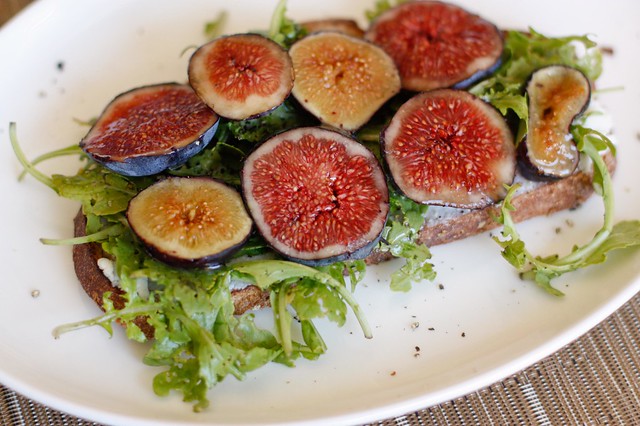*I'll admit I went into The Descendants with high expectations. When I had first seen the preview a month ago, I had told myself, "there's no way in hell I'll watch a movie in which the most action-packed scene is George Clooney blundering down a Hawaiian road in sandals" (yes, I have very specific criteria for movies), but after the umpteenth recommendation to watch it, including many whole-hearted assurances that this was one of Clooney's best performances, I gave in.
(Let me add here that I am not an avid fan of George Clooney, so I'm not sure why this assurance was at all convincing.)
*As a result of my expectations, I spent the duration of the movie waiting. Waiting for a crystallizing moment in which I would feel the weight and pathos of the quiet tragedy around which this movie revolves: a wife and mother's comatose state. But that moment never arrived, and the whole narrative of the movie was underwhelming. Like Little Miss Sunshine, The Descendants seemed to point to the absurdity of ordinary tragedies, like having to steal your dead grandfather's body from a hospital in order to get to a beauty pageant on time (Little Miss Sunshine) or discovering that your unconscious wife was having an affair with a real estate agent of second-degree connection (The Descendants). Both movies explore the interrelational dynamics of families whose dysfunctions were previously buried and unspoken, but finally realized in the wake of a tragedy. But unlike Little Miss Sunshine, there was hardly anything endearing about the characters in The Descendants, who should have been more interesting than they were presented as being. And that's all the more devastating for a movie like this, when as an audience member I want to know a character more, but the character development is so lacking that I'm left in want, a want which eventually dissolves into ambivalence...
*For me, the most palpable emotions of any character were that of Matt King's (George Clooney) father-in-law, a cantankerous old man who gives King grief for being a bad husband and father. It's so obvious to me how some of the deepest sadness can only be manifest through anger and bitterness because we don't know how to distill the sadness in any other manner. There's one scene in the movie where King is being reprimanded by the father-in-law, and the father-in-law is so obviously wrong, but King bears the old man's anger, as if he understands that the most terrible sadness is that a father has in having to face his dying daughter. That, for me, was the most touching scene in the entire movie.
*But aside from random moments, the entire movie seemed non-confrontational. Sometimes a lack of confrontation can be thought-provoking in its modest and understated nature, but for me this movie hardly had the substance or pathos to be that. The witty repartees and one-liners were nice to chuckle at, but as a whole the movie was a jagged and fragmented aggregate that seemed to hold back a little too much.
*But let it be known that I appreciated the Hawaiian shirts, a pattern and texture that carried nicely as a visual motif throughout the entire movie. That was a nice kitschy touch.


